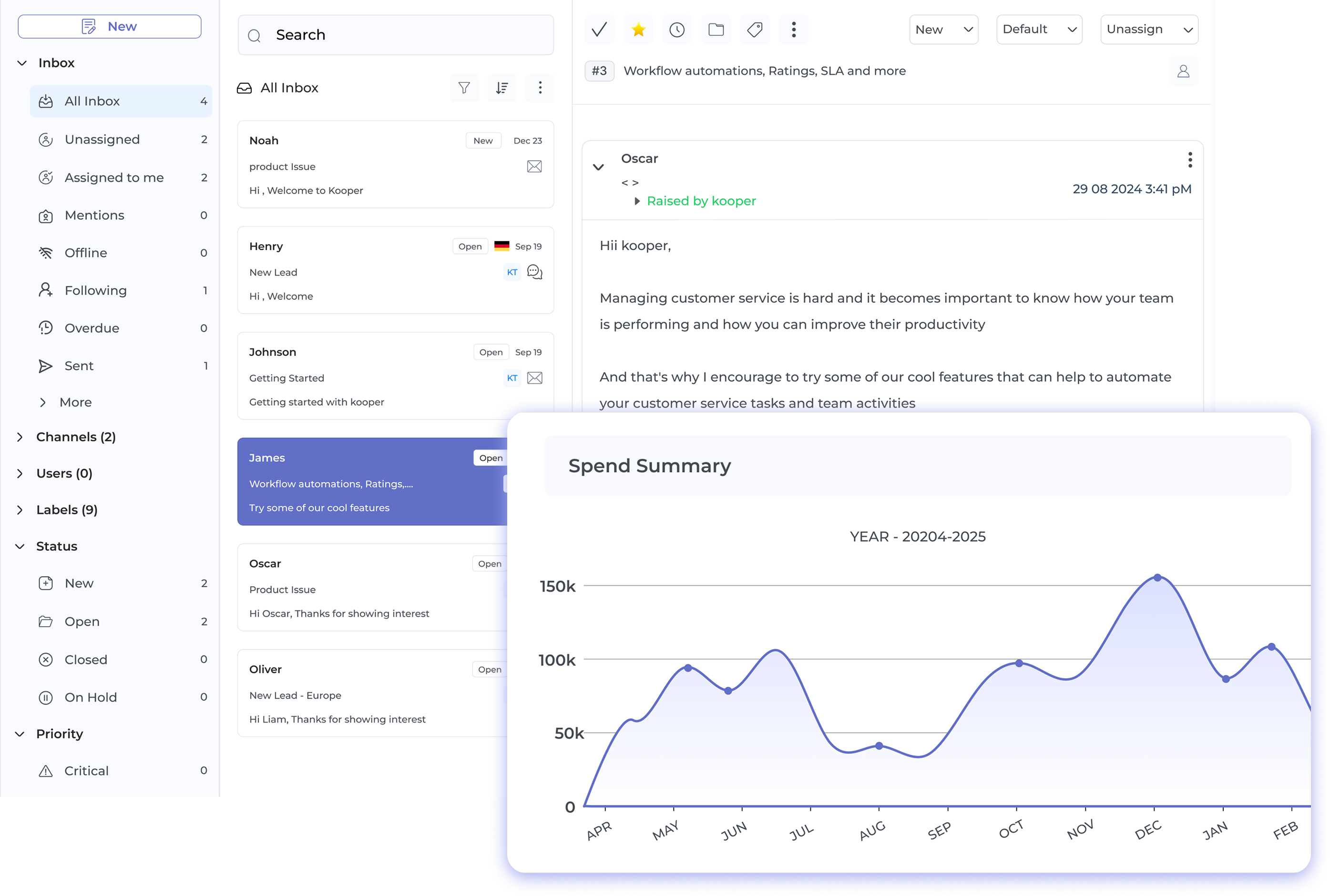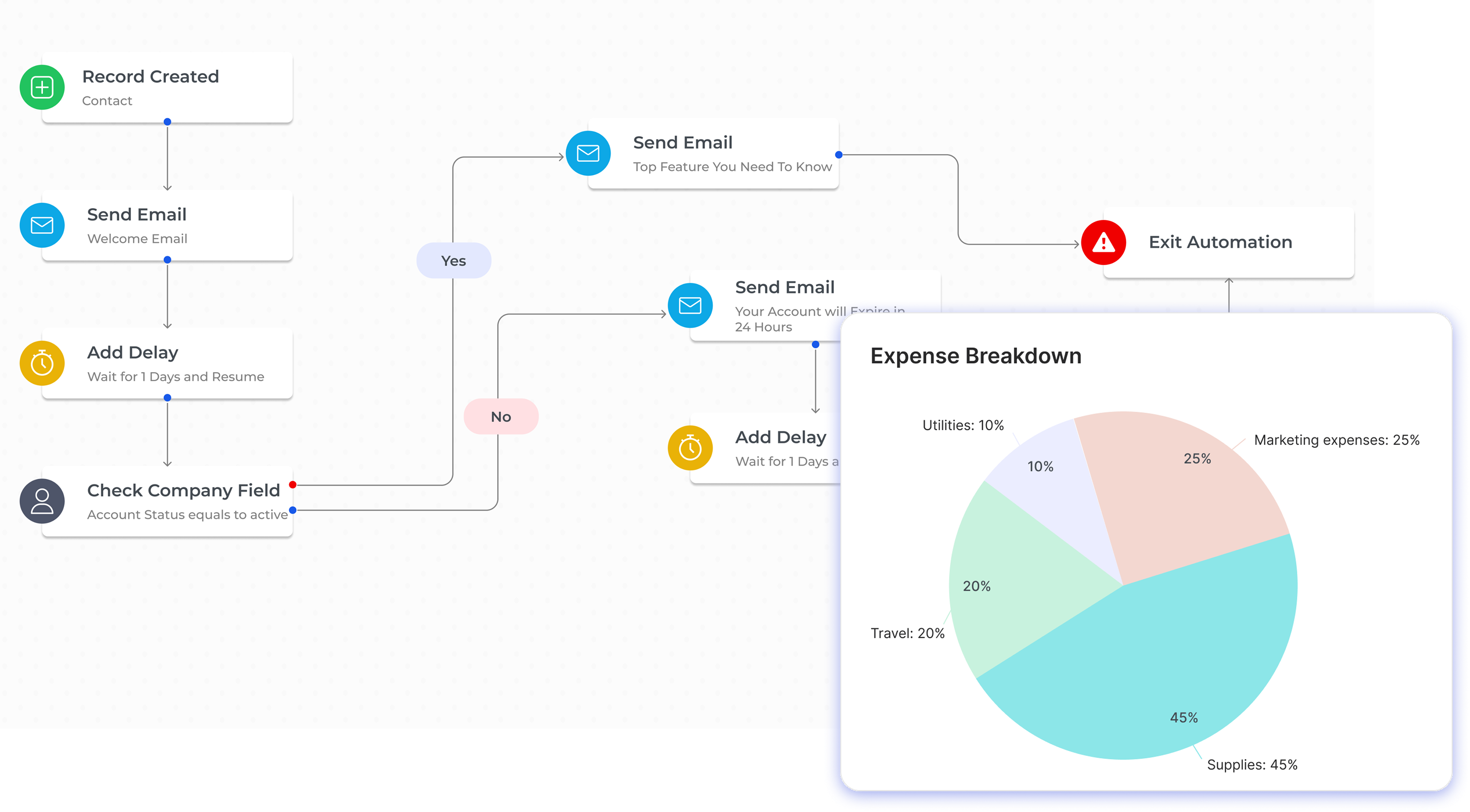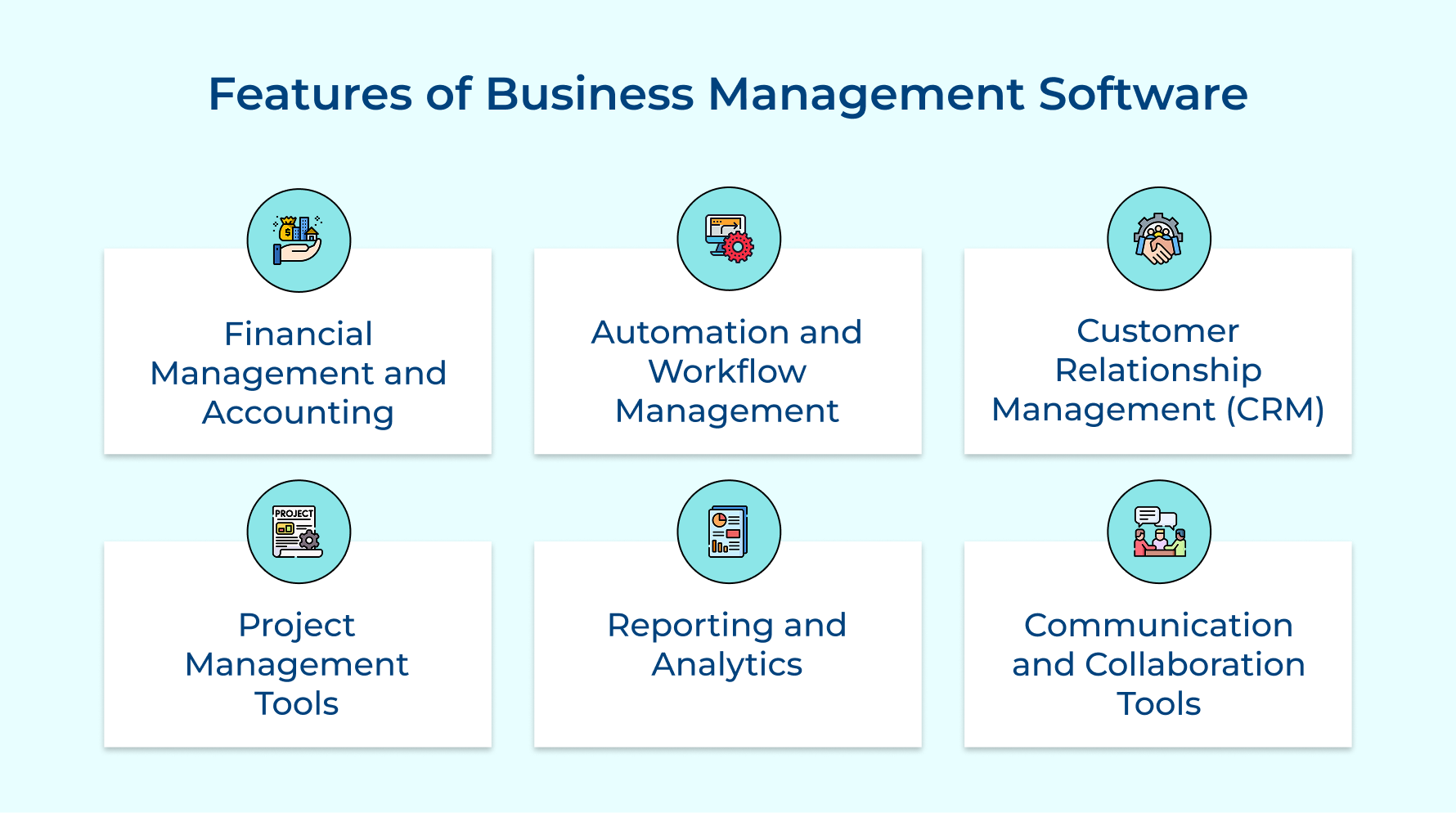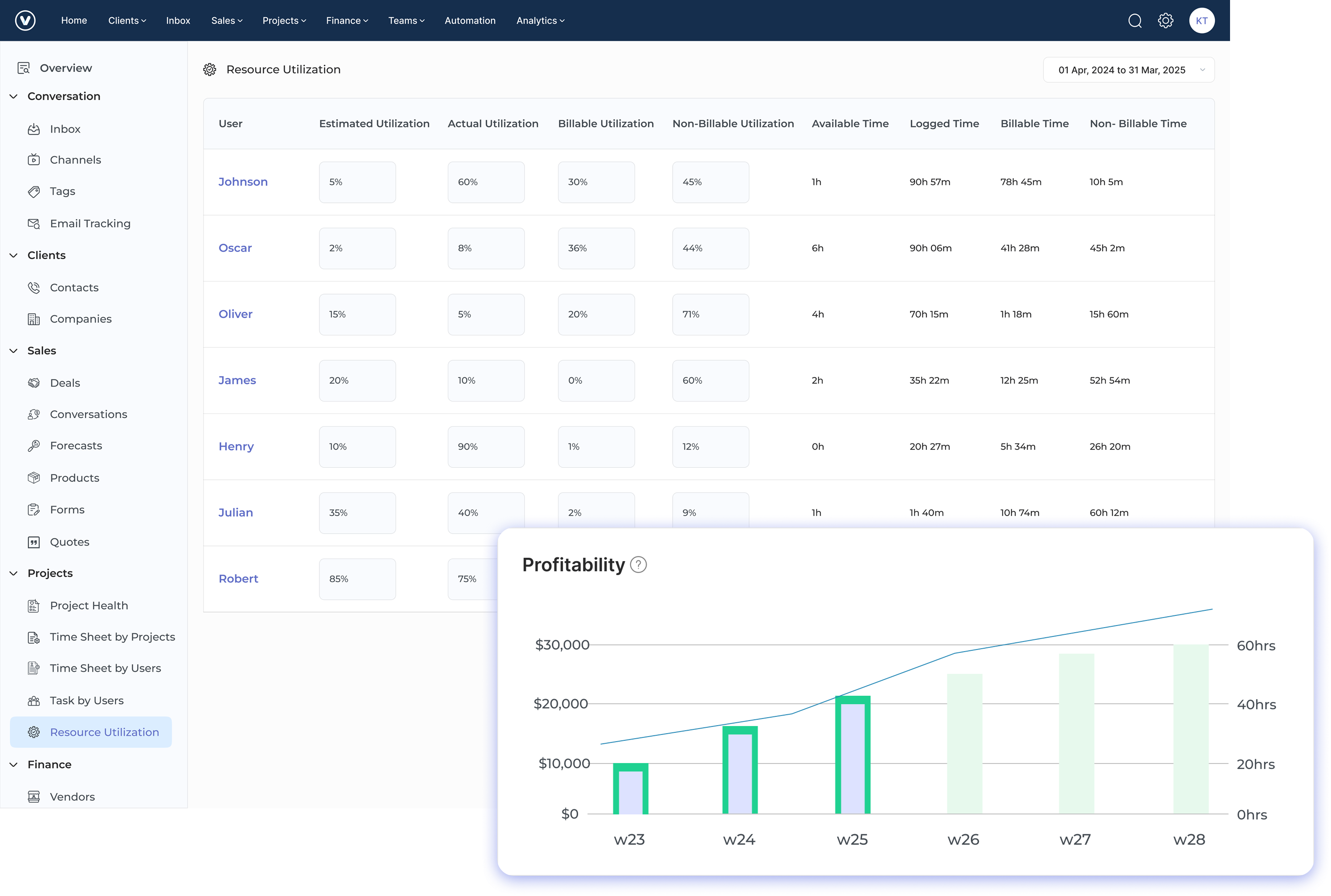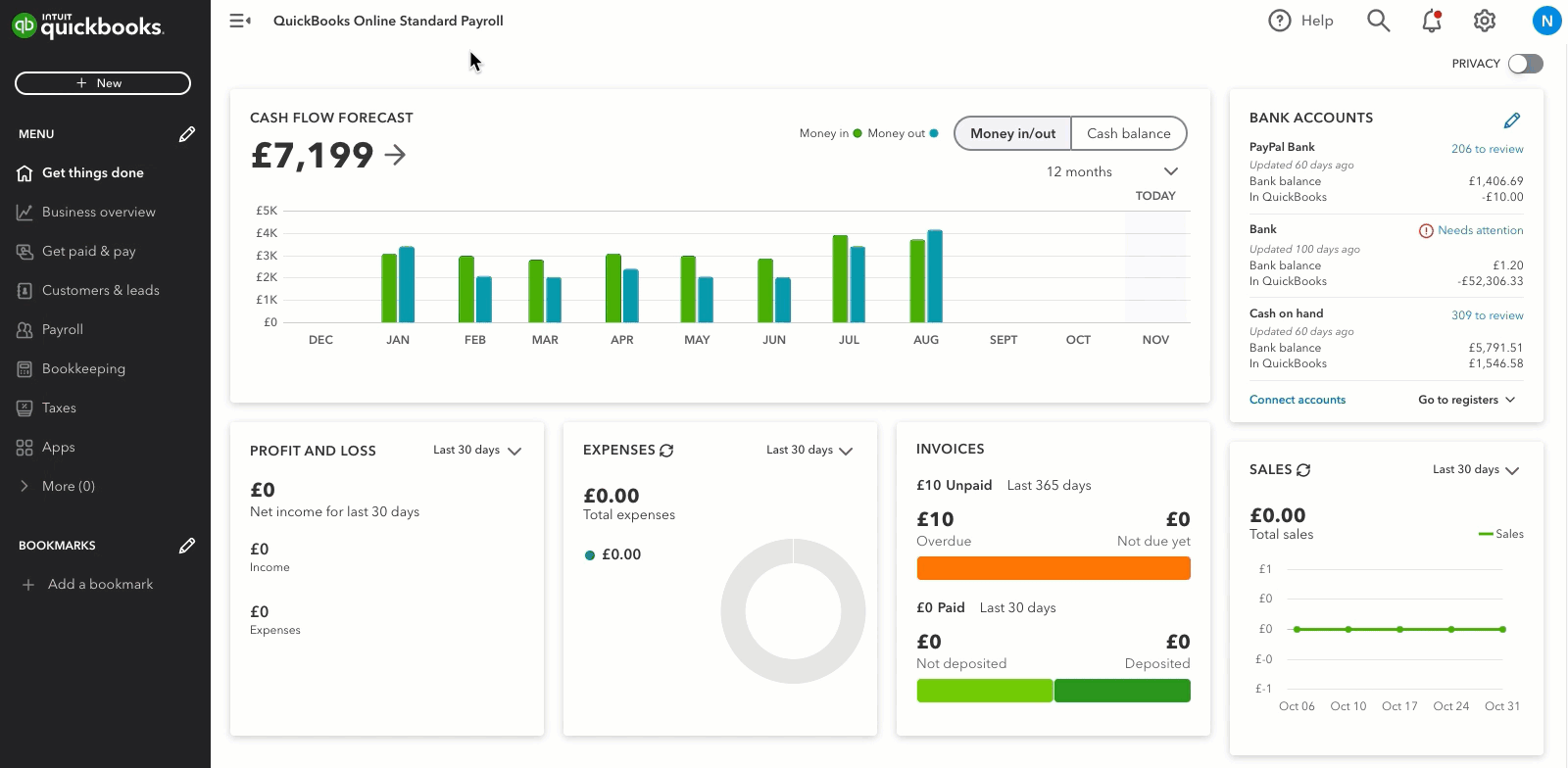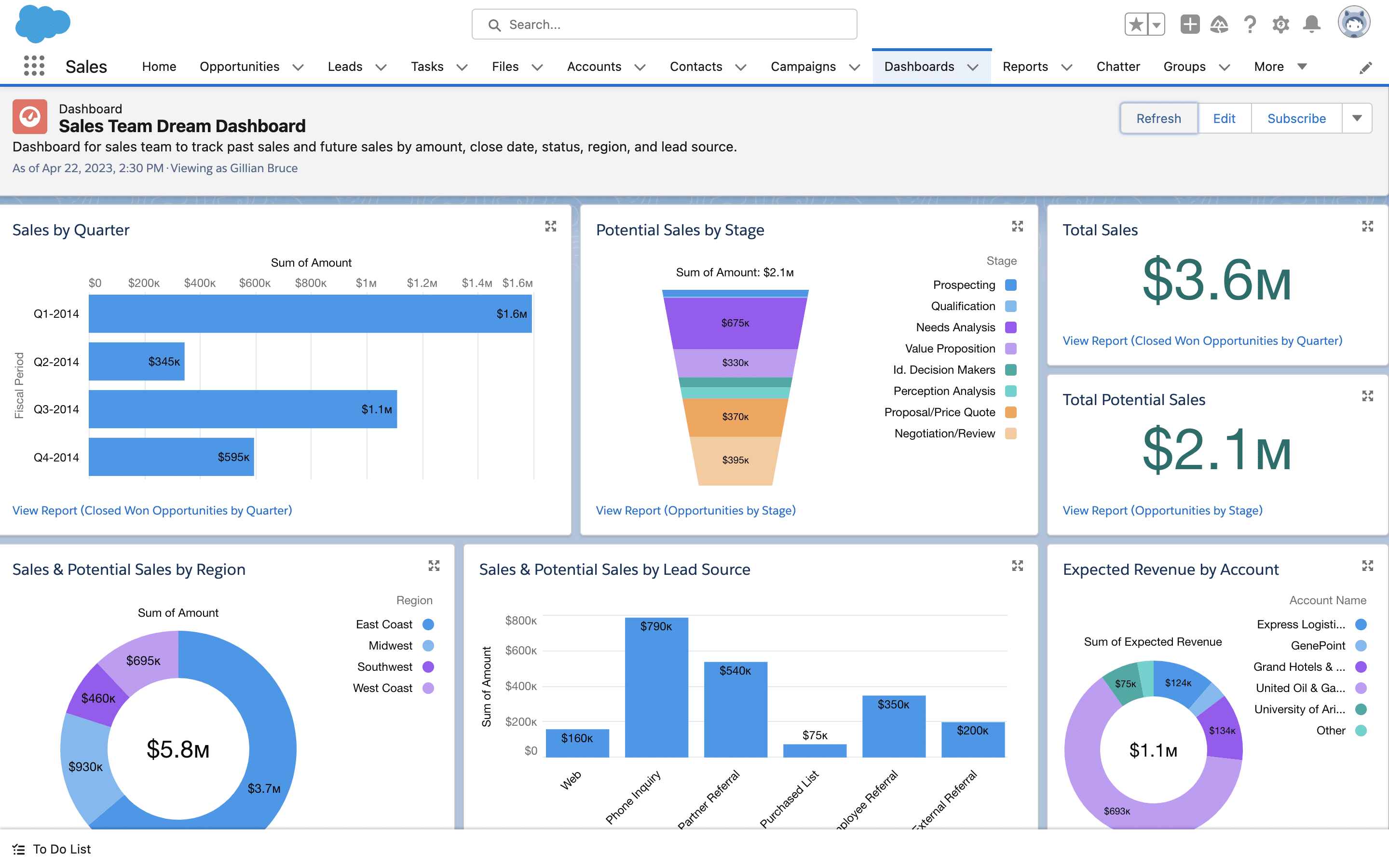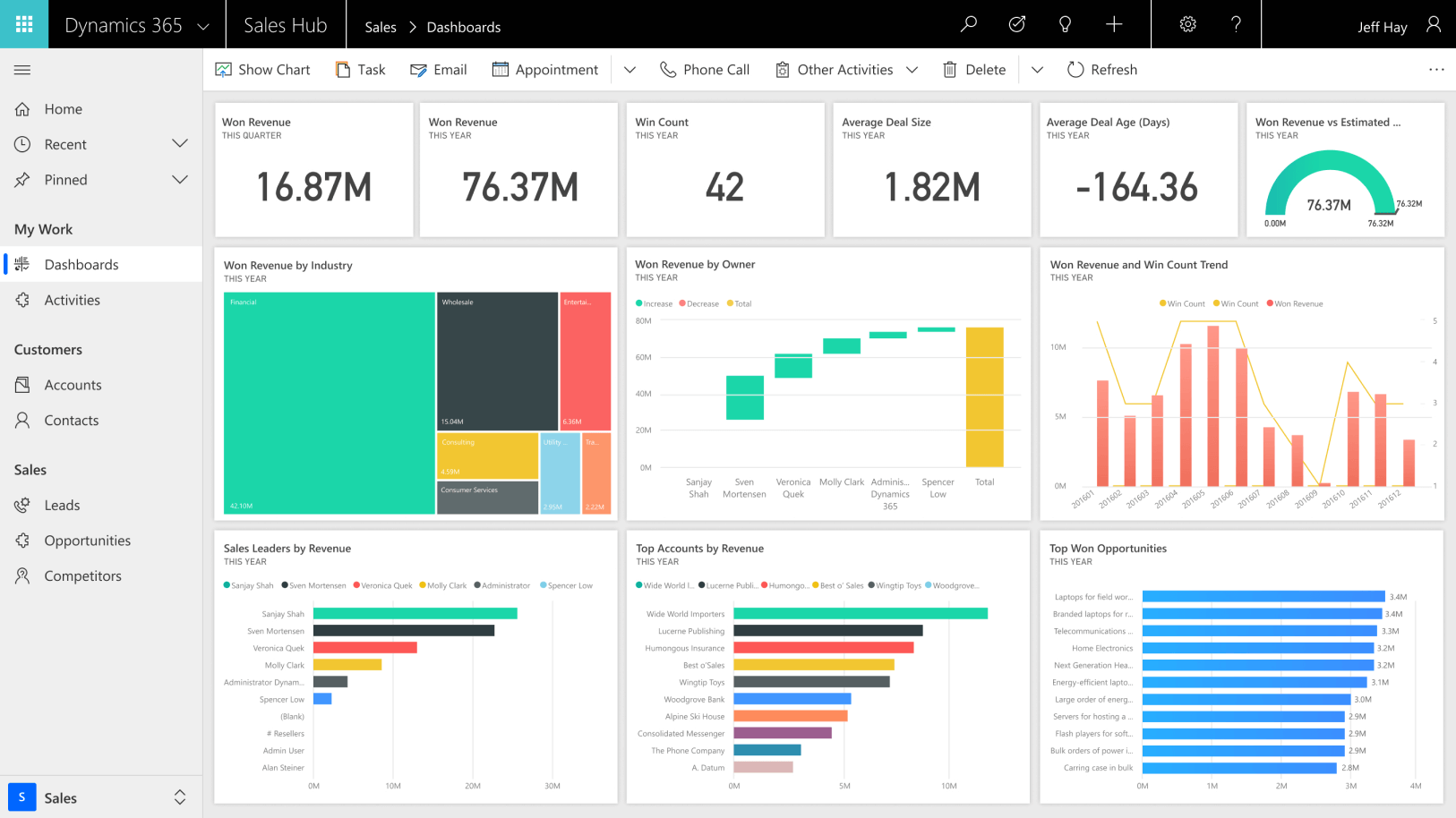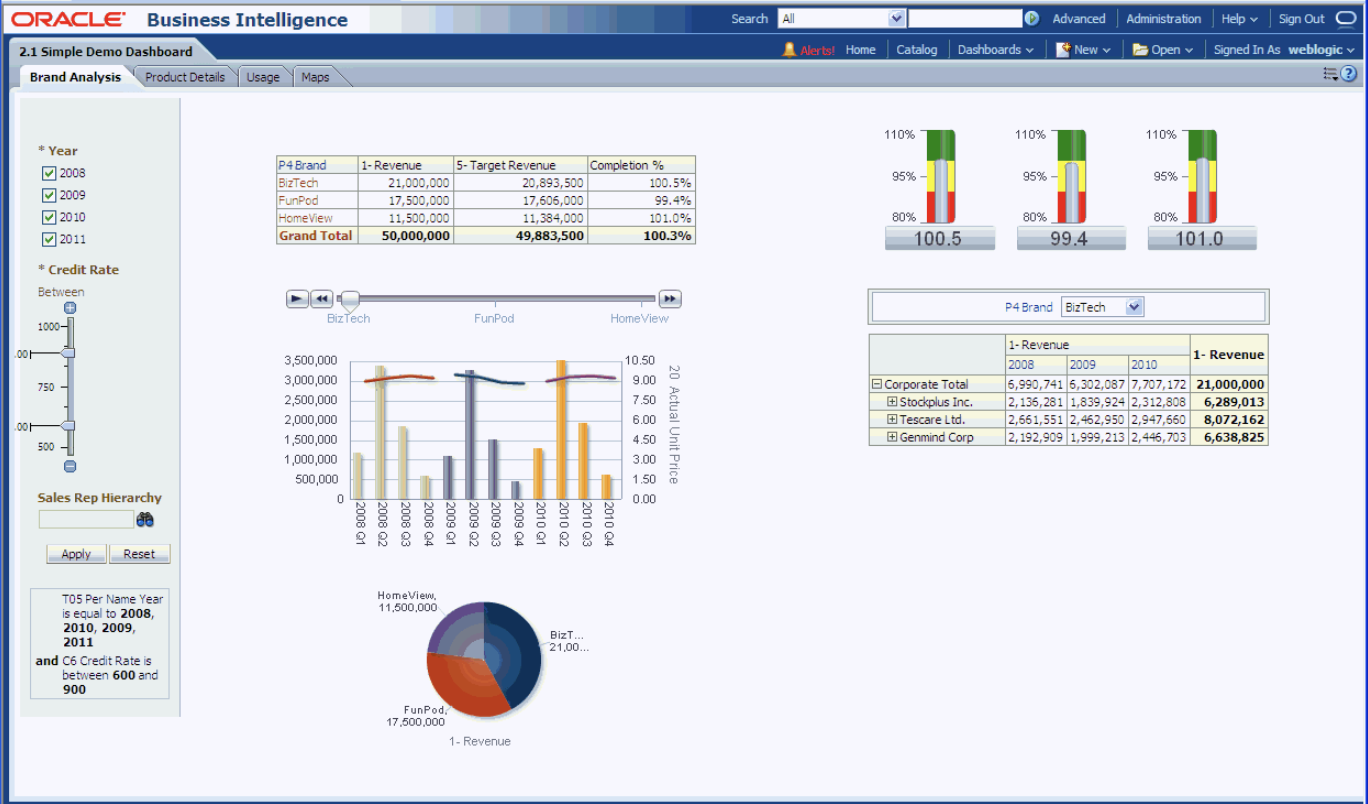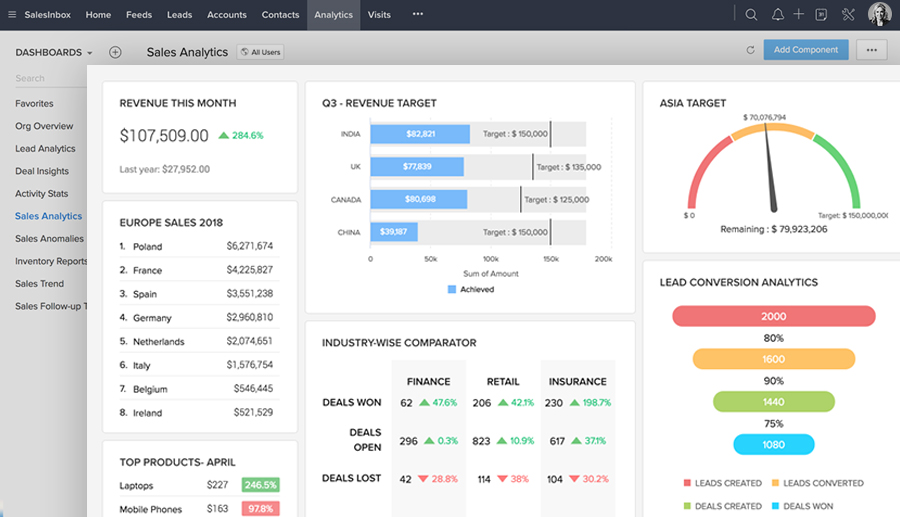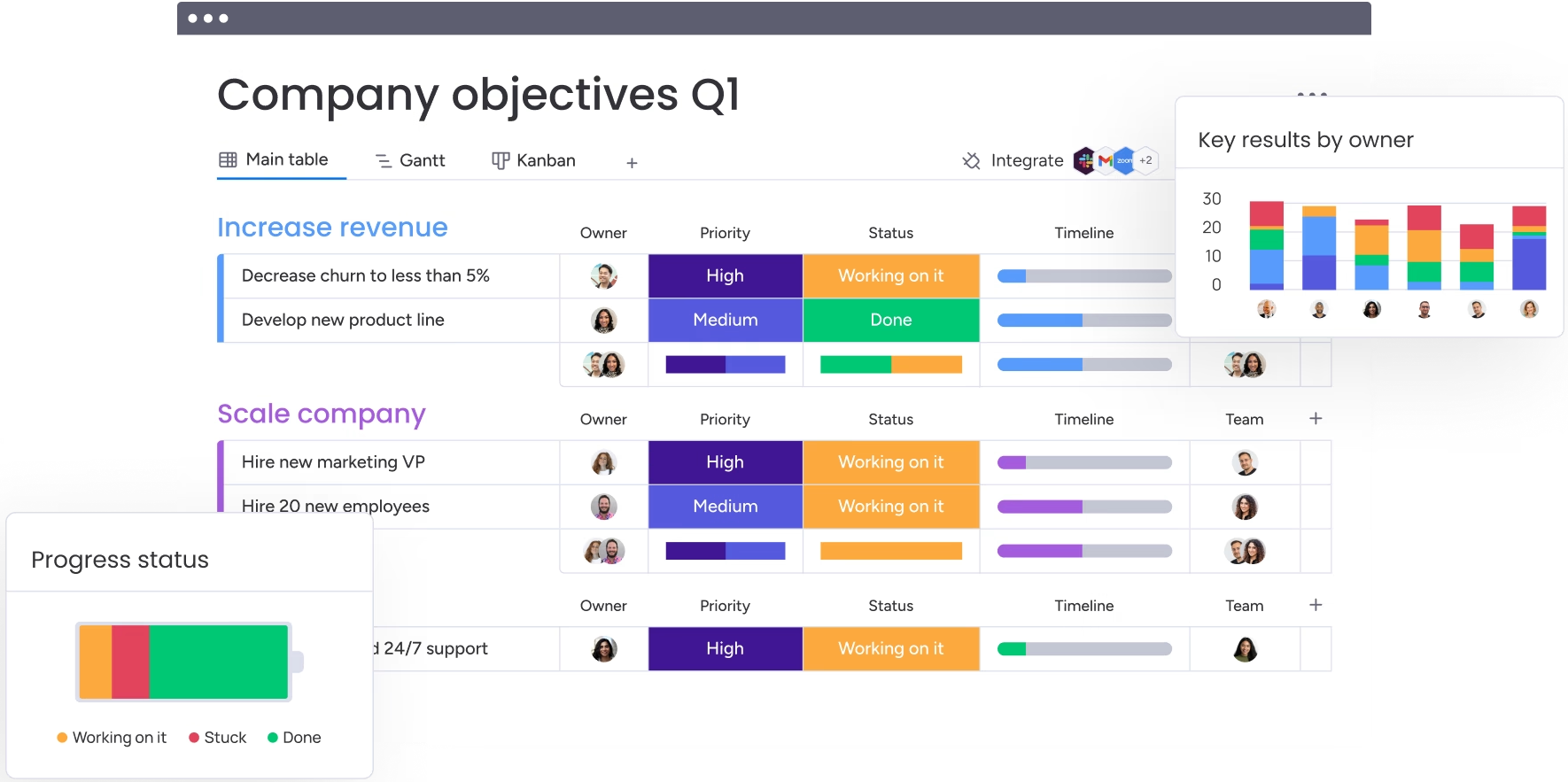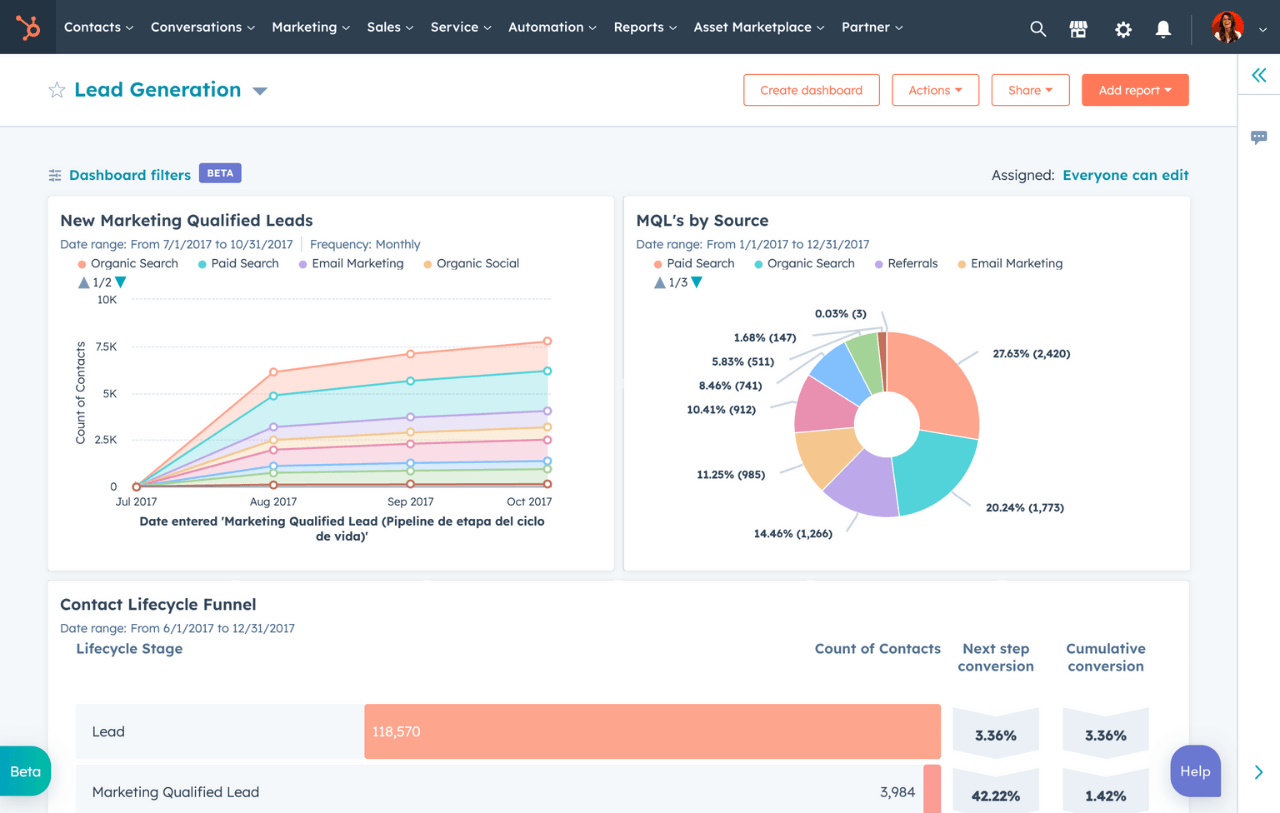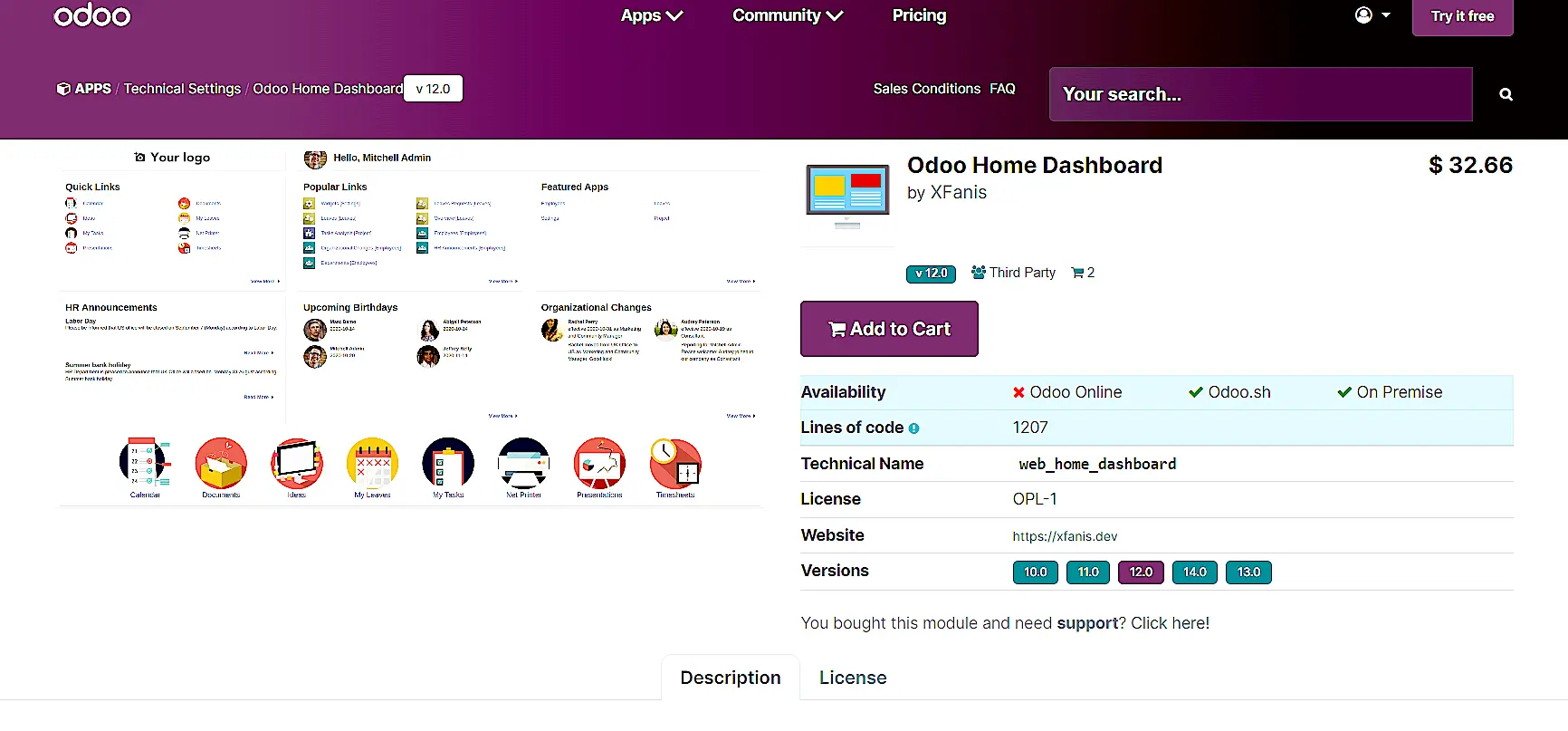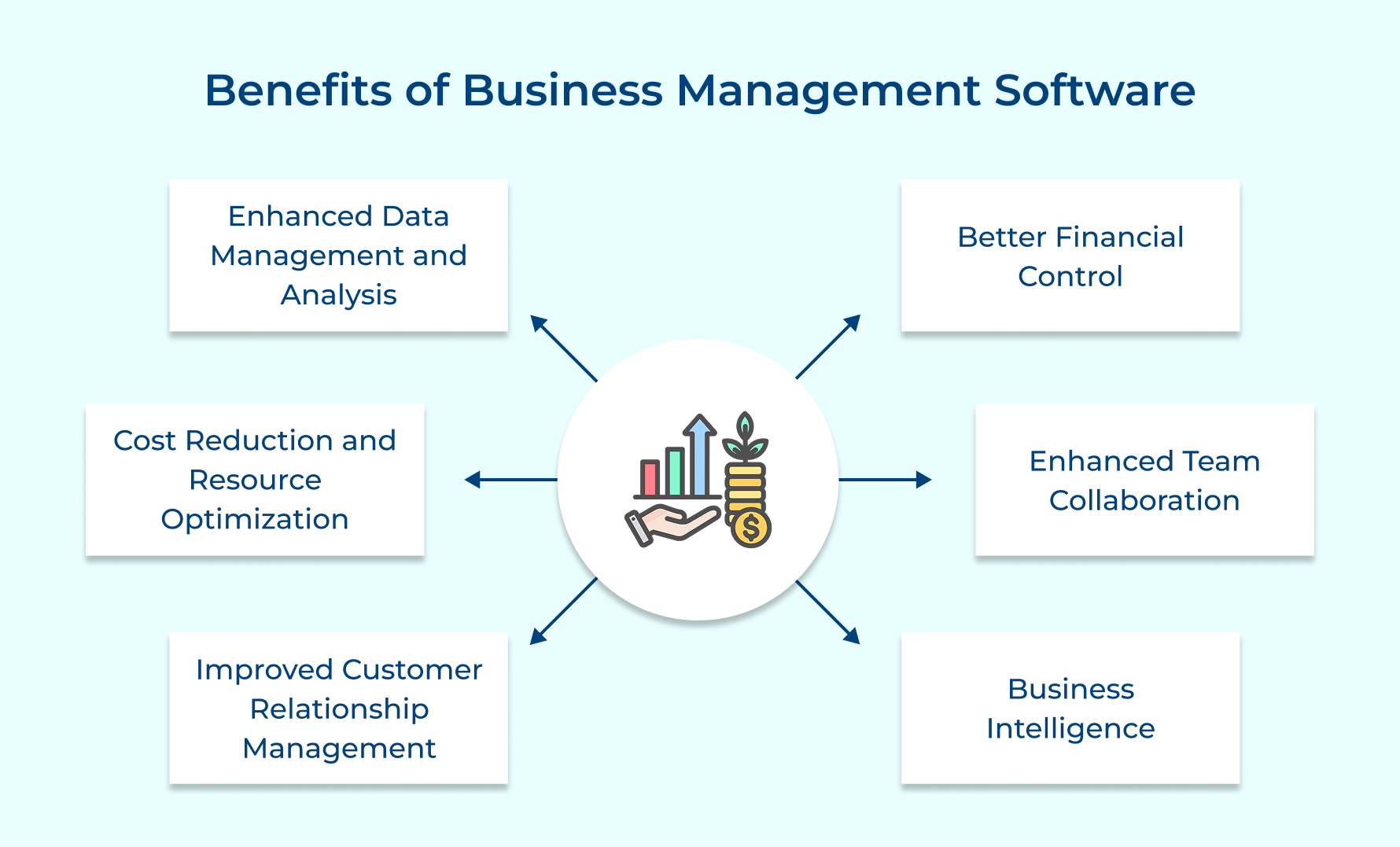Financial Management and Accounting
A comprehensive financial management system tracks revenue, expenses, and cash flow in real-time. The platform must include automated invoicing, expense tracking, financial reporting, budgeting tools, and tax compliance features. All these features enable businesses to maintain accurate financial records and make informed decisions based on current financial data.
Resource Management
Visual capacity planning tools, including some of the best resource management tools, match the right talent to projects based on skills, availability, and utilization targets. Real-time dashboards highlight overallocation and bench time, enabling proactive resource optimization. Automated resource forecasting prevents staffing shortages and maximizes billable utilization.
Customer Relationship Management (CRM)
An integrated CRM system helps businesses track and manage all customer interactions, from initial contact to post-sale support. The core functionality encompasses contact management, sales pipeline tracking, customer communication history, lead scoring, and analytics tools. It helps understand customer behavior and improve relationship management strategies.
Project Management Tools
Robust project management features empower teams to plan, execute, and monitor projects efficiently. Task assignments, milestone tracking, Gantt charts, resource allocation, time tracking, and collaboration tools enable teams to stay organized while maintaining quality standards.
Automation and Workflow Management
Smart workflow automation streamline repetitive tasks and standardize business processes. With the support of business process management tools, customizable workflow templates, approval processes, automated notifications, and task routing minimize manual effort as well as reduce human error in business operations.
Business Intelligence & Reporting
Transform project data into actionable insights through customizable dashboards and KPI tracking. With business process management software, you can monitor resource utilization, project margins, and delivery efficiency seamlessly. Generate executive-ready reports on portfolio health, revenue forecasts, and team performance metrics for data-driven decision making.
